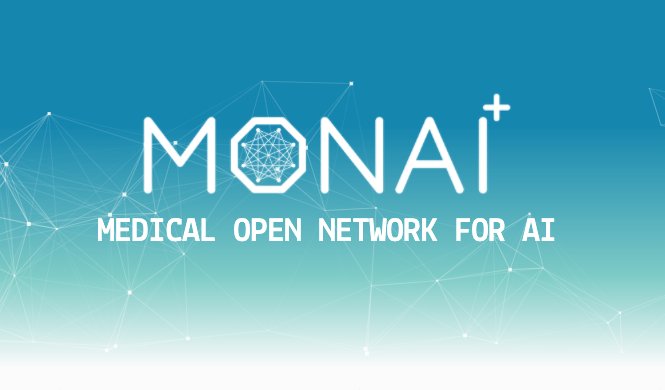NVIDIA Launches MONAI Framework To Accelerate AI In Healthcare
NVIDIA’s recently released Clara claims to bring the latest breakthroughs in AI-assisted annotation, federated learning and production deployment to the MONAI community.

NVIDIA has released MONAI, a Medical Open Network for AI, a domain-optimized, open source platform for healthcare, in an effort to accelerate artificial intelligence in the healthcare industry. MONAI is now ready for manufacturing with the forthcoming release of the company's Clara application platform for AI-powered healthcare and life sciences, according to the official release by NVIDIA.
The MONAI framework is a PyTorch-based framework that was launched in April 2020 and has already been adopted by some of the leading research institutions in the field of healthcare. The use of artificial intelligence for medical imaging is advanced by this system. This is achieved with industry-specific data handling, reproducible state-of-the-art solution reference implementations, and high-performance workflows for training.
As part of the revised Clara offering, MONAI has been released and will come with over 20 pre-trained models, including those recently produced for COVID pandemics. It also includes the new NVIDIA DGX A100 GPU training optimizations that include up to a six-fold increase in training turnaround time.
According to Dr Jayashree Kalpathy-Cramer, the director of the QTIM lab at the Athinoula A. Martinos Center for Biomedical Imaging at MGH that the framework is currently becoming a key in the healthcare industry by paving the way for closer collaboration between data scientists and clinicians.
NVIDIA believes that the healthcare ecosystem has made the adoption of MONAI immense. As a matter of fact, among those to follow this NVIDIA AI system for imaging, DKFZ, King's College London, Mass General, Stanford and Vanderbilt are among those. MONAI is used in everything from industry-leading imaging contests to the first boot camp based on the platform.
In addition, Dr. Bennett Landman of Vanderbilt University. He said that at this speed, the NVIDIA framework will become a deep learning framework for healthcare. Much of this can be attributed to the challenges of moving AI-based applications from research to production to provide effective clinical care.
Thus, NVIDIA’sNVIDIA’s commitment to allowing the academic community to contribute to a framework that is production-ready will allow for further innovation to build enterprise-ready features, stated Landman.




























